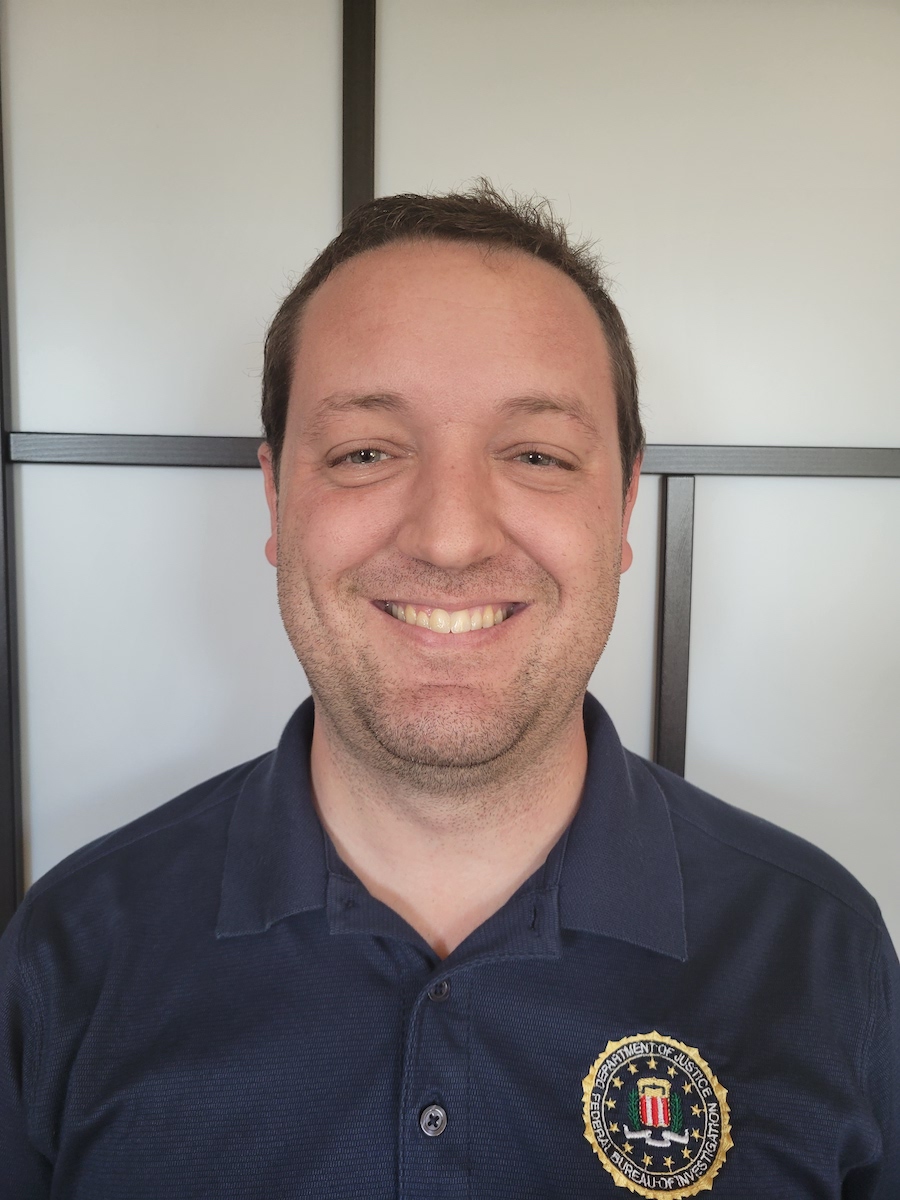World Languages and Cultures
John W, JLC 2011

My name is John W. I graduated from CSUMB with a B.A. in Japanese Language and Culture with a minor in Global Studies in 2011. I’m currently an Intelligence Analyst (IA) embedded on a counterterrorism squad at the Federal Bureau of Investigation’s (FBI) Los Angeles Field Office. I specialize in both international as well as domestic terrorism threats. I’ve been with the FBI since 2015.
WLC: Please tell us how you got the current position, any relevant details on qualifications for the position, and perhaps what you actually do.
JW: I actually found out about the IA position from an FBI Special Agent wrecruiter who came to CSUMB senior year. After following the standard federal employment application procedure--including written tests, and oral interviews--getting the job also involved an extremely in-depth background check. I then attended the FBI Academy at Quantico for three months, learning alongside not just other new IAs but also new Special Agent trainees, before being assigned to the Los Angeles office.
Like many positions at the FBI and the federal government, the IA position’s main minimum requirements are a Bachelor’s degree and US citizenship. Core competencies for the IA position include critical/analytical thinking and communication (written and verbal). One of the great things about many of the FBI’s positions is that they don’t require specific degrees or experiences to contribute to the organization; more than what your major is, the FBI values integrity and flexibility. (A full explanation of requirements is available at fbijobs.gov)
Embedded IAs such as myself are assigned to a squad of Special Agents who cover a particular threat. My primary job is to analyze both information obtained by my Agents, as well as from other field offices, and write reports on any trends, changes, or significant updates in threat posture. My reports can range from raw intelligence reports to forward-leaning rigorous analytical products. My work is then disseminated to all interested parties, from local squads, to FBI offices abroad, and even to international partners. We also present our findings to decision makers to give them the information they need to combat those threats, not only through our written products but also in-person briefings. We also get to participate in squad operations, including search and arrest warrants.
In addition to my day-to-day duties on my squad, I also am a member of our Social Media Exploitation team, which monitors open source social media postings during special events or command posts for threats.
WLC: Tell us about what you enjoy about the job and the challenges you may experience.
JW: Working for the FBI is an exciting experience. I get to contribute to national security on a daily basis. One of the biggest perks of working at the FBI is proximity to history, being able to not just observe history being made but actively being a part of those historical events. I have had the privilege to be a part of significant and history-making investigations, from local bombing attacks to the January 6 Capitol Siege. I have been able to help protect special events such as the Golden Globes. I have gotten to work with private, governmental, and international partners such as the Walt Disney Company and the UK’s MI-5. Also, as a person with a physical disability, the FBI has also given me the opportunity to contribute to national security and keeping my community safe in ways I hadn’t imagined were possible for most of my life.
Of course there are some challenges working with an organization like the FBI. Even off the clock we must moderate our personal social media activity because anything we do can affect a trial or investigation. As an IA working with classified information, there is also a mental compartmentalization that can happen when you need to close off work life from home life.
WLC: Tell us how your experience as a WLC major at CSUMB may have helped you to prepare for your career.
JW: Multiple employers over my professional career have highlighted my study abroad experience as a major reason for hiring me. My opportunity to study and live in Japan at Nagoya Gaikokugo Daigaku (Nagoya University of Foreign Studies) was not only a fun experience, but ended up being in many ways crucial to putting me above the competition.
WLC: What was your favorite or perhaps transformative class at CSUMB?
JW: Study abroad experience notwithstanding, one of the transformative sets of classes for me at CSUMB were the Japanese social/anthropological classes, such as “Social Issues In Japan” and “The Japanese Mind” which allowed me to really branch outside of the linguistic aspect of the major and delve more into the sociopolitical aspects of other cultures which helped contribute to my critical thinking skills. Outside of the major, my Global Studies courses like “Global Politics” gave me the foundation to continue learning in areas that would eventually for my subject matter expertise.
WLC: Could you briefly share any advice for existing majors and our future graduates?
JW: Don’t confine or restrict yourself to the “normal” or expected career paths for your major. Start looking early for opportunities outside the usual path; you never know what you’ll find. Also, be open to learning new things; they may seem like electives, but good employers really do look for well-rounded people who bring not only experience but demonstrated willingness to grow.